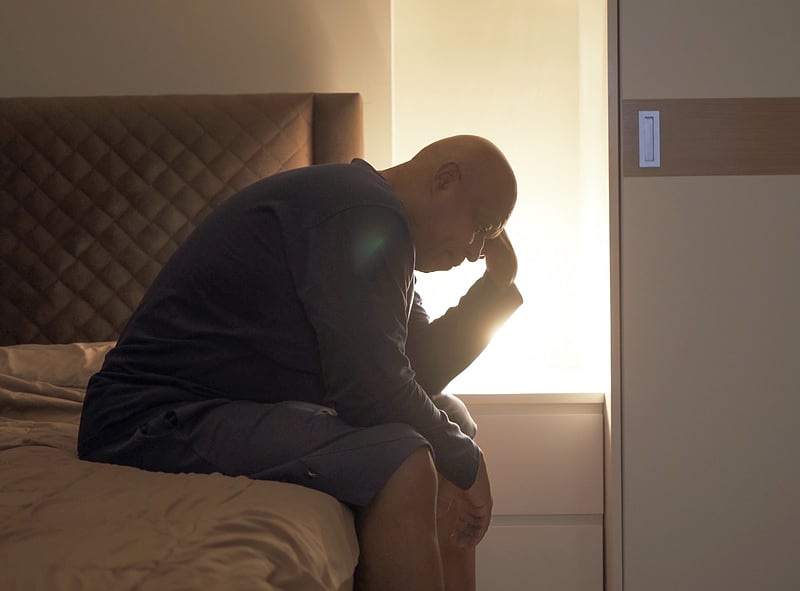Manténgase sano!

- Posted April 6, 2023
Race Could Matter When It Comes to Parkinson's Severity
It's safe to say that the debilitating loss of motor control that typifies Parkinson's disease is bound to undermine any patient's quality of life.
But new research now suggests that race complicates the equation, with quality of life found to be worse overall among Black, Hispanic and Asian Parkinson's patients, when compared with their white peers.
Still, study author Dr. Daniel Di Luca, a clinical fellow in movement disorders with Toronto Western Hospital at the University of Toronto in Canada, said that the racial quality-of-life gap his team observed is "probably best described as small."
Yet, at the same time, Di Luca stressed that the gap was "clinically meaningful."
For example, he said that racial and ethnic minority patients experienced greater hardship not only in terms of worse mobility skills but also in terms of worse emotional well-being, increased stigma, greater pain and insufficient social support.
Roughly 1 million Americans have Parkinson's, the study authors noted.
In their study, they focused on more than 8,500 patients receiving care at 19 different specialty movement disorder centers across the United States.
In all, 9 in 10 of the patients were white, 6% were Hispanic, 2% were Asian and 2% were Black.
At least once between 2009 and 2020, all of the patients were asked to characterize the degree of struggle they faced when trying to perform routine physical tasks, including housework, cooking and moving about in public.
Patients were also asked about anxiety, depression, loneliness and the inability to communicate.
After taking into account each person's age, gender, the length of time since diagnosis and the presence of other serious health concerns -- such as diabetes or high blood pressure -- each received a quality-of-life score. The lower the score, the higher the quality of life.
As a group, white patients scored an average of 23. By comparison, Black patients scored 29, while Asians scored 25 and Hispanic patients scored 27.
As to what's driving the differences, Di Luca explained that the study was not designed to ascertain what might explain the apparent racial gap, so "we are unable to make specific comments on such factors."More research will be needed, he acknowledged, particularly given that only 10% of the overall patient pool was not white.
Still, his team did highlight some contrasts in patient group characteristics -- including educational background and caregiver status -- that could play a role.
The researchers noted that, on average, white patients had attained higher educational achievements, compared to Black and Hispanic patients. Black patients were also the least likely to have a regular caregiver at home.
The team also noted higher income levels among white patients; worse thinking scores among other minorities; and differences in treatment plans between the groups.
The findings were published online April 5 in the journal Neurology.
Dr. Michael Okun is a medical advisor to the Parkinson's Foundation, and director of the Norman Fixel Institute for Neurological Diseases at University of Florida Health.
Okun was not involved in the study, but he said "the differences in Parkinson's disease outcomes across racial and ethnic groups found in this study is a critically important observation."
He added, "We should pay attention to the finding that minority groups reported worse health-related quality of life compared to white non-Hispanic patients. [And] we need to ask 'why?'"
More information
There's more on Parkinson's disease at the U.S. National Institute on Aging.
SOURCES: Daniel Di Luca, MD, clinical fellow, movement disorders, Toronto Western Hospital, University of Toronto, Canada; Michael Okun, M.D., medical advisor, Parkinson's Foundation, professor, neurology, and director, Norman Fixel Institute for Neurological Diseases, University of Florida Health, Gainesville; Neurology, April 5, 2023, online





